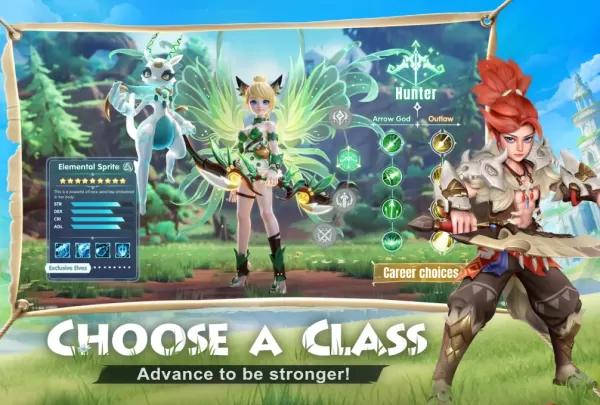Five years ago, when Mike and Amy Morhaime founded Dreamhaven, I had the opportunity to discuss their ambitious vision with several of the company's founding members. They aimed to create a sustainable publishing and support pillar for game studios, including their own ventures, Moonshot and Secret Door, as well as other carefully selected partners.
In our concluding interview, Mike Morhaime shared a bold aspiration for the fledgling company:
"We want, if I may be so bold as to say, to be a beacon to the industry," he remarked, alluding to Dreamhaven's lighthouse-inspired logo. "There's a better way to approach the business of games and the operation of a game company that can deliver outstanding results in terms of both products and financial rewards, while fostering a positive work environment. This approach could elevate the entire industry."
At the time of Dreamhaven's inception, numerous studios were emerging, led by former AAA executives eager to forge a more sustainable path forward, all making bold promises for the future. However, the gaming industry has since faced significant challenges, including a global pandemic, economic instability, widespread layoffs, studio closures, and project cancellations. Many of these visionary studios either shut down before launching a single game or had to postpone their dreams indefinitely.
Yet, Dreamhaven has thrived. Recently, they partnered with The Game Awards for their first-ever showcase, unveiling not just one or two, but four games. Two of these are internally developed: Sunderfolk, a turn-based tactical RPG with couch co-op, set to launch on April 23, and the newly announced Wildgate, a crew-based first-person shooter focused on space heists (which we had the privilege to preview). The other two games are being developed externally but published and supported by Dreamhaven: Lynked: Banner of the Spark, an action-RPG from LA-based FuzzyBot, currently in early access and slated for a full 1.0 release in May, and Mechabellum, a turn-based tactical auto-battler from Chinese studio Game River. Mechabellum, which was released last September, continues to be nurtured by Dreamhaven to ensure long-term updates and freshness.Dreamhaven's activity extends beyond these four games; they are also supporting ten other external studios—many led by ex-AAA developers—through investments, consultancy, and fundraising support. While publishing support is sometimes involved, it's not always the case. Speaking to Mike Morhaime at the Game Developers Conference (GDC) last week, he explained that Dreamhaven's leaders have always aimed to create a "net" to "capture some of this great talent that was dispersing" throughout the industry.
Wildgate - First Screenshots
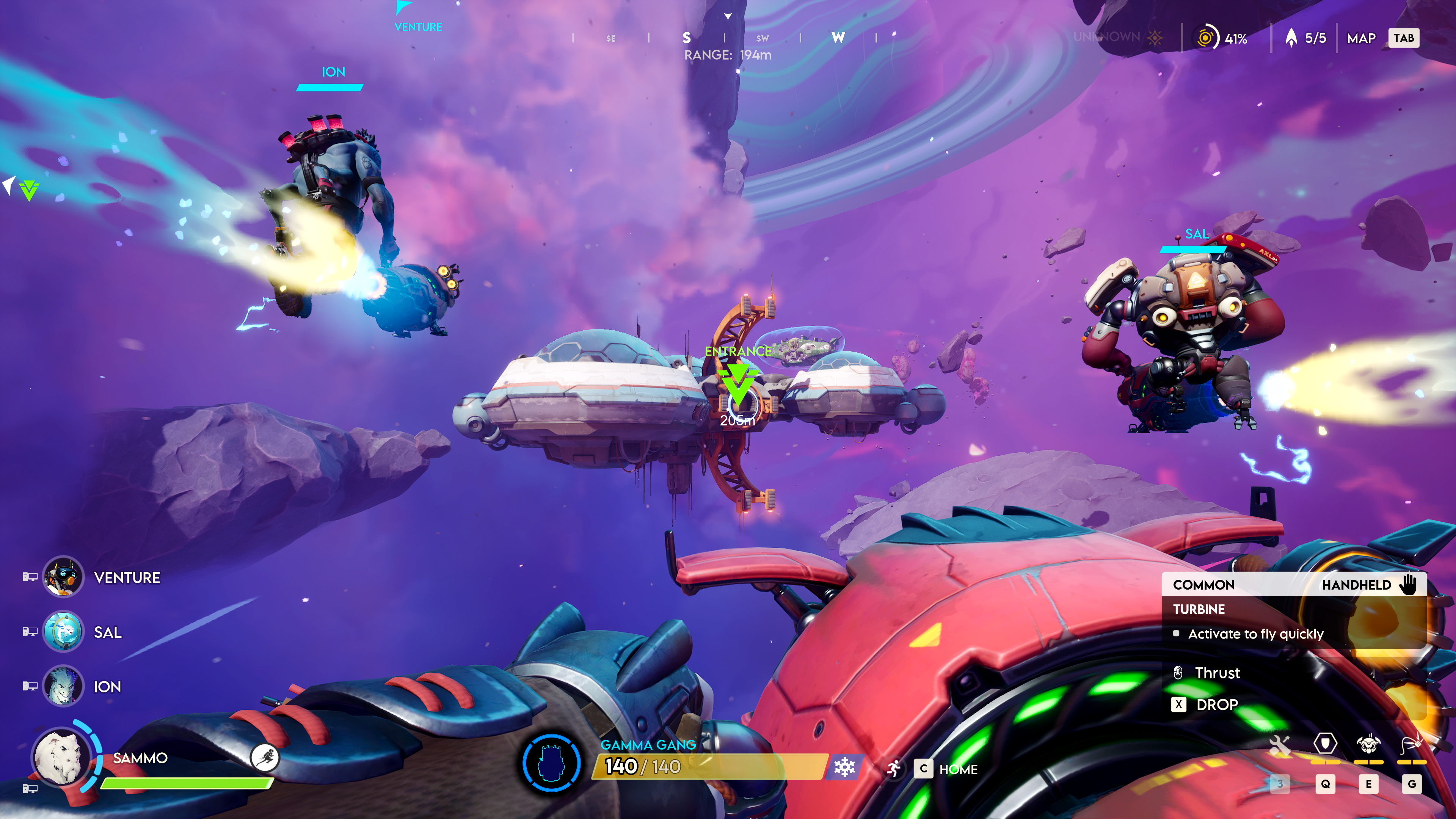
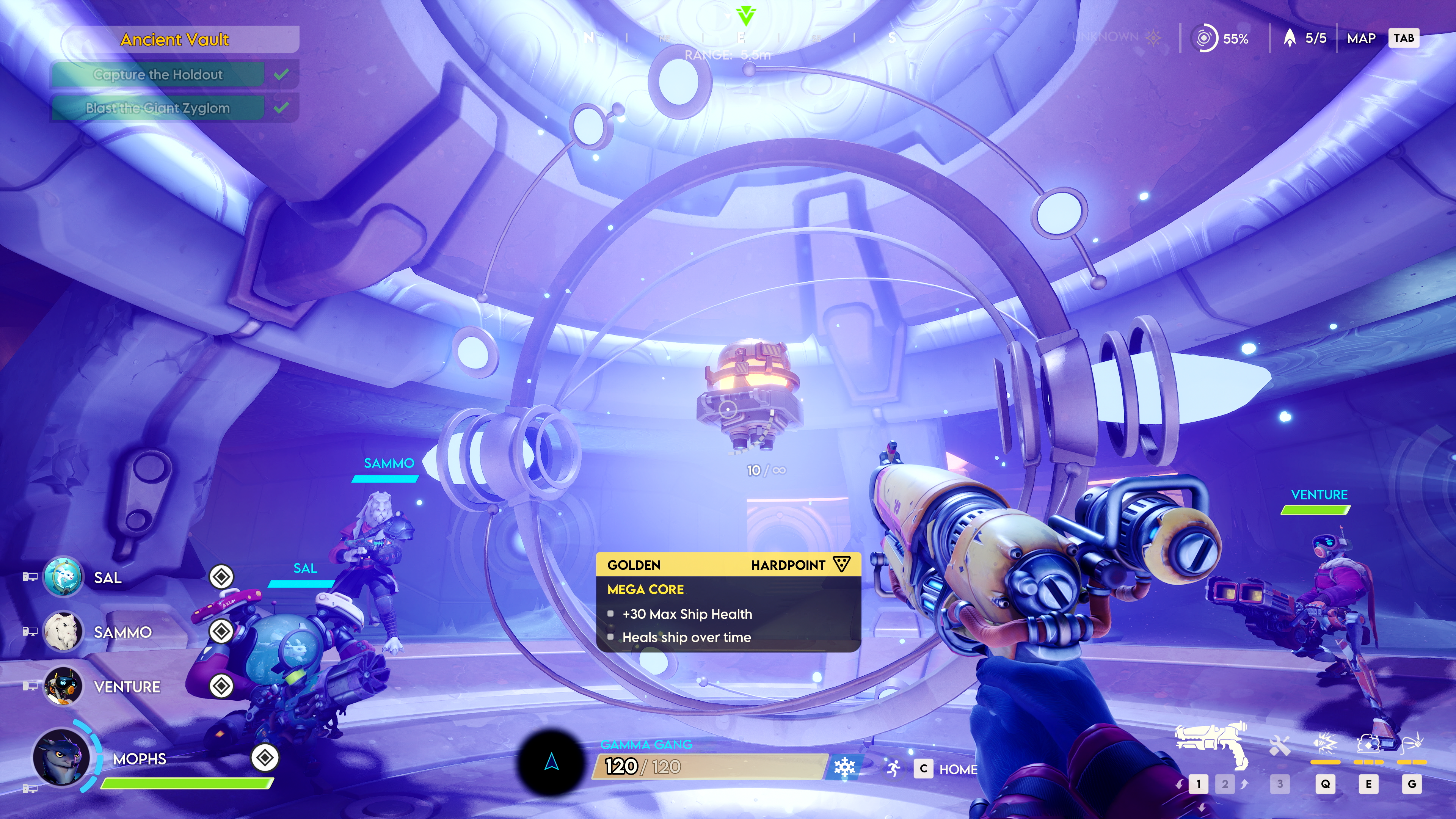 10 Images
10 Images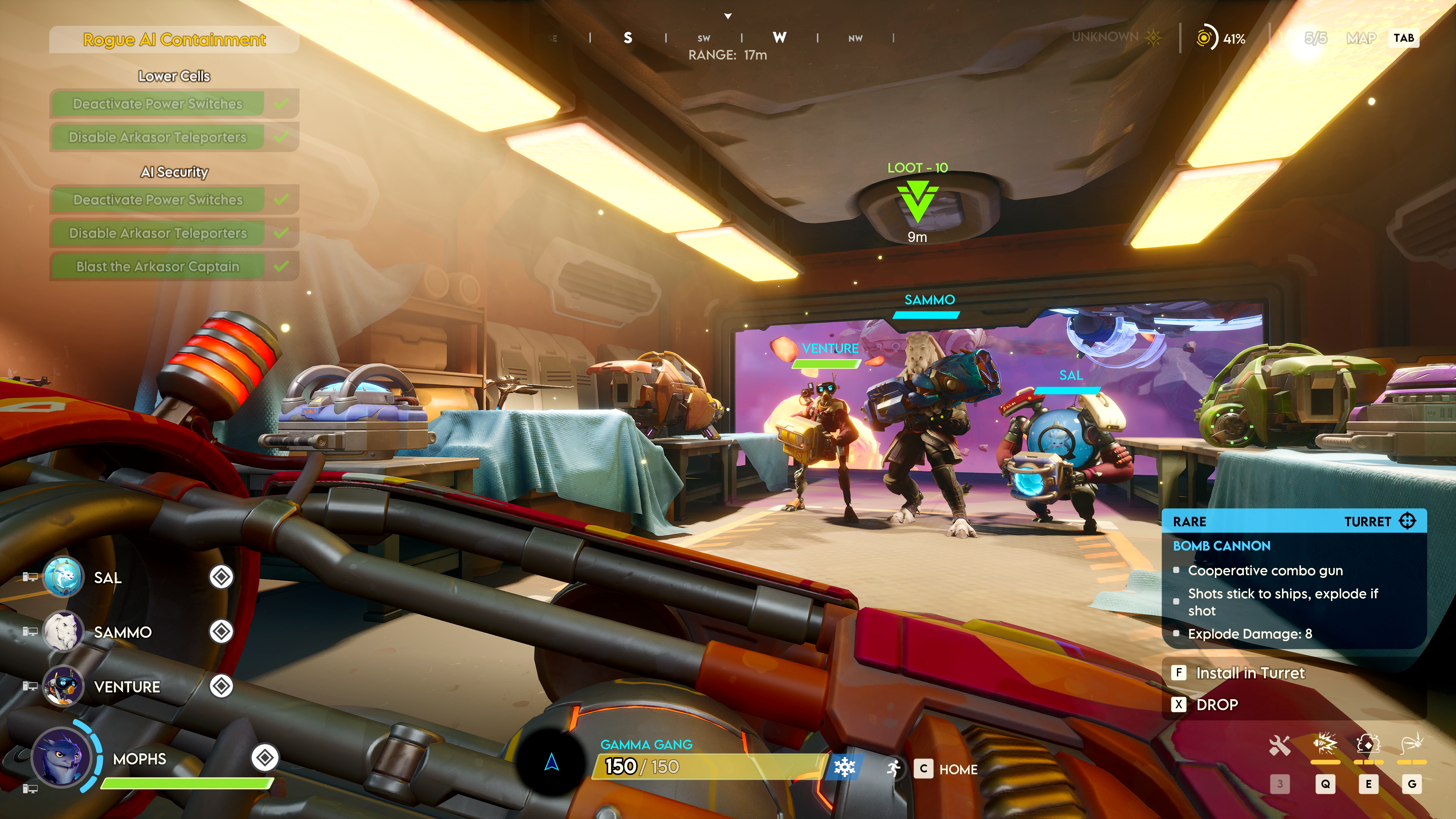
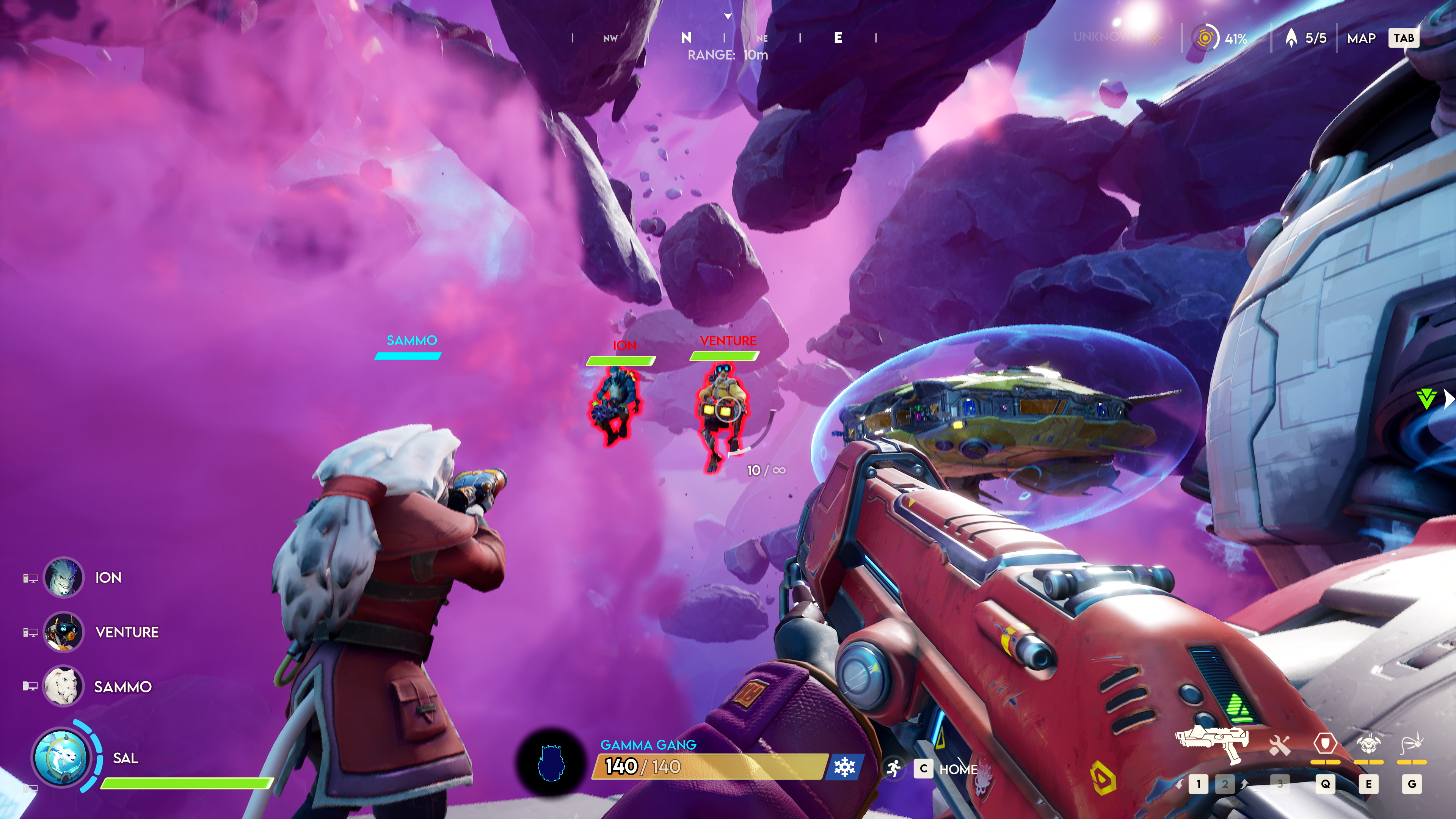
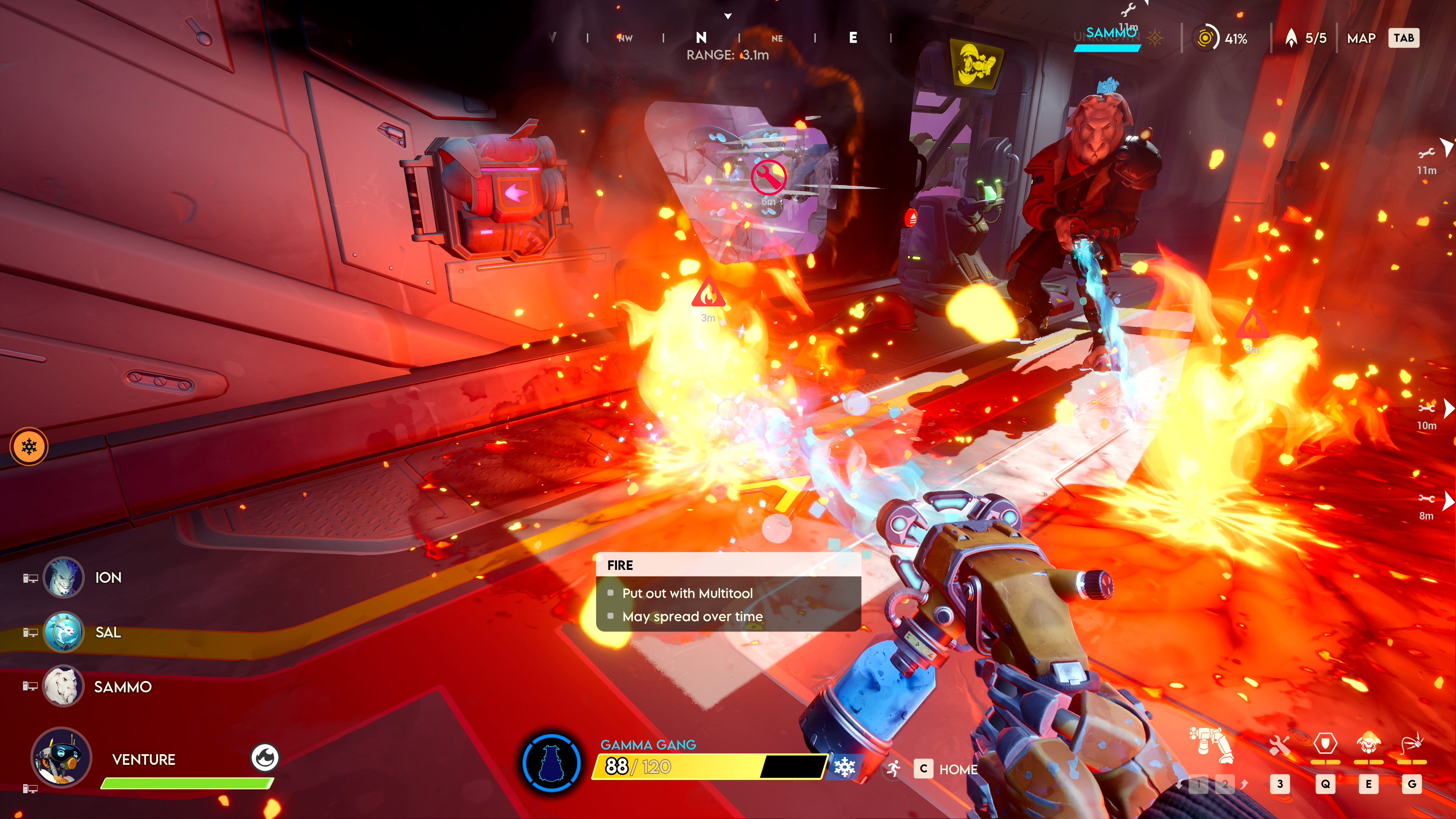
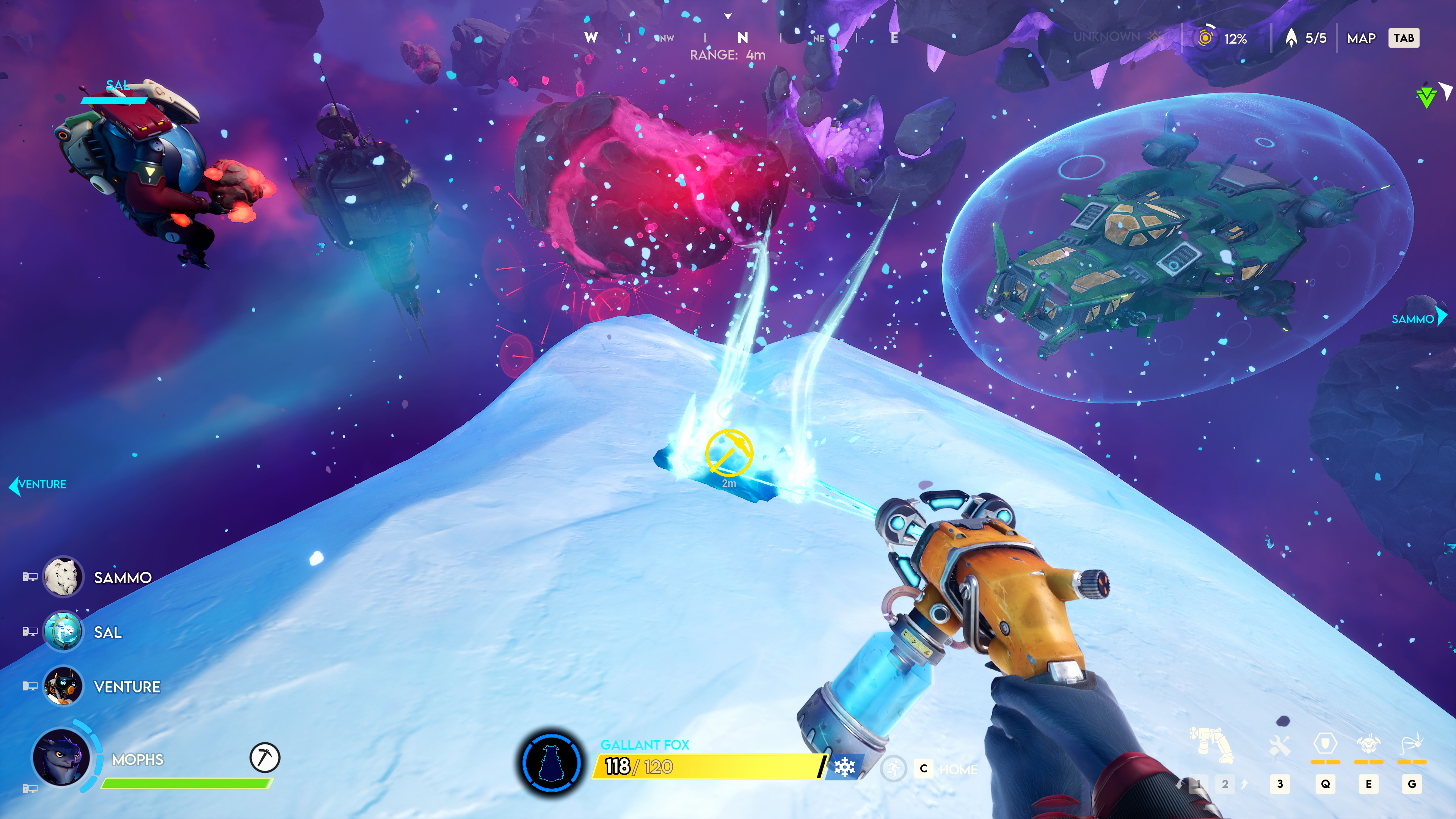 “We saw all these studios starting up and we have a lot of relationships,” he said. “We knew many of the folks launching these ventures and wanted to create a structure that allowed us to be helpful and root for these studios. So, we established a framework that enables us to provide guidance and advice, incentivizing us to support their success.”
“We saw all these studios starting up and we have a lot of relationships,” he said. “We knew many of the folks launching these ventures and wanted to create a structure that allowed us to be helpful and root for these studios. So, we established a framework that enables us to provide guidance and advice, incentivizing us to support their success.”
Throughout GDC, the ongoing industry crisis was a central topic, with discussions focusing on how the prioritization of profits has led to cancellations, closures, and layoffs. When I asked Morhaime about the tension between craft and business, he maintained that the two are not mutually exclusive. However, he stressed that a good game cannot be created without room for occasional failure.
“I think to foster innovation, you must provide a certain level of safety and space for experimentation,” he said. “We're not against our products being successful and profitable. It's about focus. What are these teams concentrating on? They're not focused daily on maximizing profitability at every step. Instead, they're striving to create the best experience possible, which we believe is the right business strategy and positions us for long-term success. The gaming market is highly competitive, with countless games released yearly. The only way to stand out is by offering something truly special.”
Given that Dreamhaven and many of its partners are staffed by AAA veterans, I posed a two-part question: What was the most significant lesson from his time at Blizzard? Morhaime highlighted the importance of an “iterative” game development process.
“It was never linear. It wasn't a straight line where you have a perfect plan and execute it flawlessly, leading to success and happiness. We always faced obstacles and things that didn't go as planned, but we had the flexibility and adaptability to address them. So, I think it's essential to approach everything with a mindset that values experimentation and allows for adjustments to ensure we end up with a product we're proud of.”On the other hand, what's the biggest difference between his approach at Blizzard and now at Dreamhaven? In a word: agency.
“Probably the biggest difference is that we have a very experienced team, and we're structured to give a lot of agency to our studio leadership teams,” he explained.
“It creates a unique environment where the studios have a strong relationship with the central company. The central teams are here to support the studios' needs, and our studio heads and leadership are also founding members of Dreamhaven. It's really more of a partnership.”
Our conversation then shifted to new technologies, specifically the contentious topic of generative AI. While many gamers and developers are wary, numerous AAA companies are quietly integrating it or using it openly. Morhaime confirmed that Dreamhaven isn't shying away from AI but is taking a cautious approach, limiting its use to research on best practices and internal policy drafting. It's not being used in Dreamhaven's games.
“As a technologist and someone who loves what technology can do, I find it incredibly exciting to witness the birth of such fascinating technology in our lifetime. Just a few years ago, I couldn't have imagined that generative AI would be capable of what it's doing now. There are many complexities around it—legal, ethical—and it's challenging to predict its long-term impact on our lives. I believe it will affect us in numerous ways, many of which will be positive, but some will be daunting. However, you can't simply shut it off and put it back in a box. If you try, it won't slow down or stop. Those who ignore it and pretend it's not there will be at a significant disadvantage.”Turning to a less controversial topic, the Nintendo Switch 2, I noted that while Sunderfolk and Lynked are coming to the Switch, Mechabellum remains Steam-exclusive due to its genre, and Wildgate's multi-platform announcement notably omitted the Switch. Morhaime remained tight-lipped about Wildgate but shared his general thoughts on the new console:
“I think console transitions can be very disruptive, yet invigorating and beneficial for the gaming industry,” he said. “For a gaming startup like ours, console transitions are positive. If you already have games and are selling, there might be some disruption to worry about, but that's not our situation. As a gamer, I find console transitions exciting.”
As we concluded our discussion, I asked Morhaime if Dreamhaven has fulfilled the mission he outlined five years ago. Is Dreamhaven now a "beacon to the industry"? Morhaime believes they're not there yet. They need to release their games and gauge the response from both players and the broader industry. “We need to release games that people love and achieve financial success because, without those, no one will see us as a beacon for anything,” he said.
“What I ultimately want to see is for Dreamhaven to build a reputation with gamers where the brand signifies quality and trust. Hopefully, players will come to know that if a game comes from Dreamhaven, regardless of genre, it will be something extraordinary, sparking their curiosity to try it out.”


